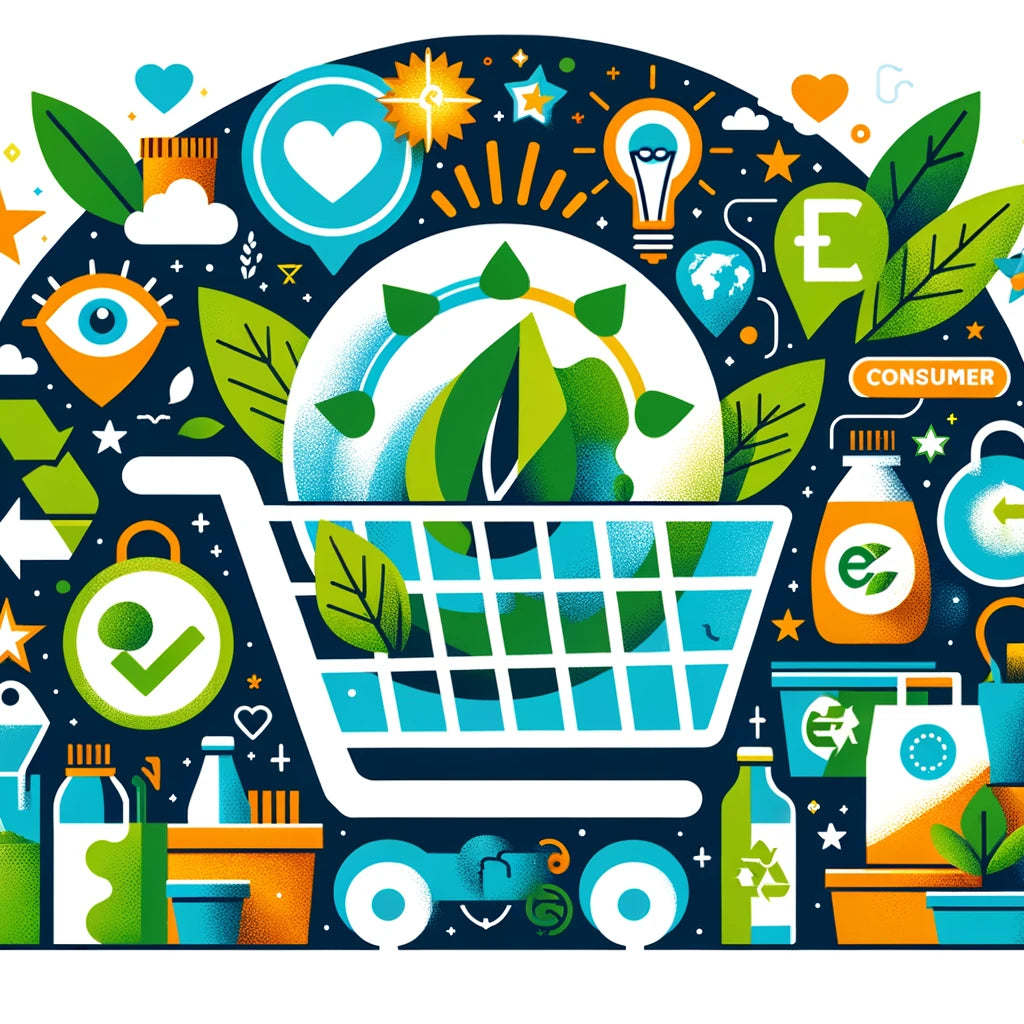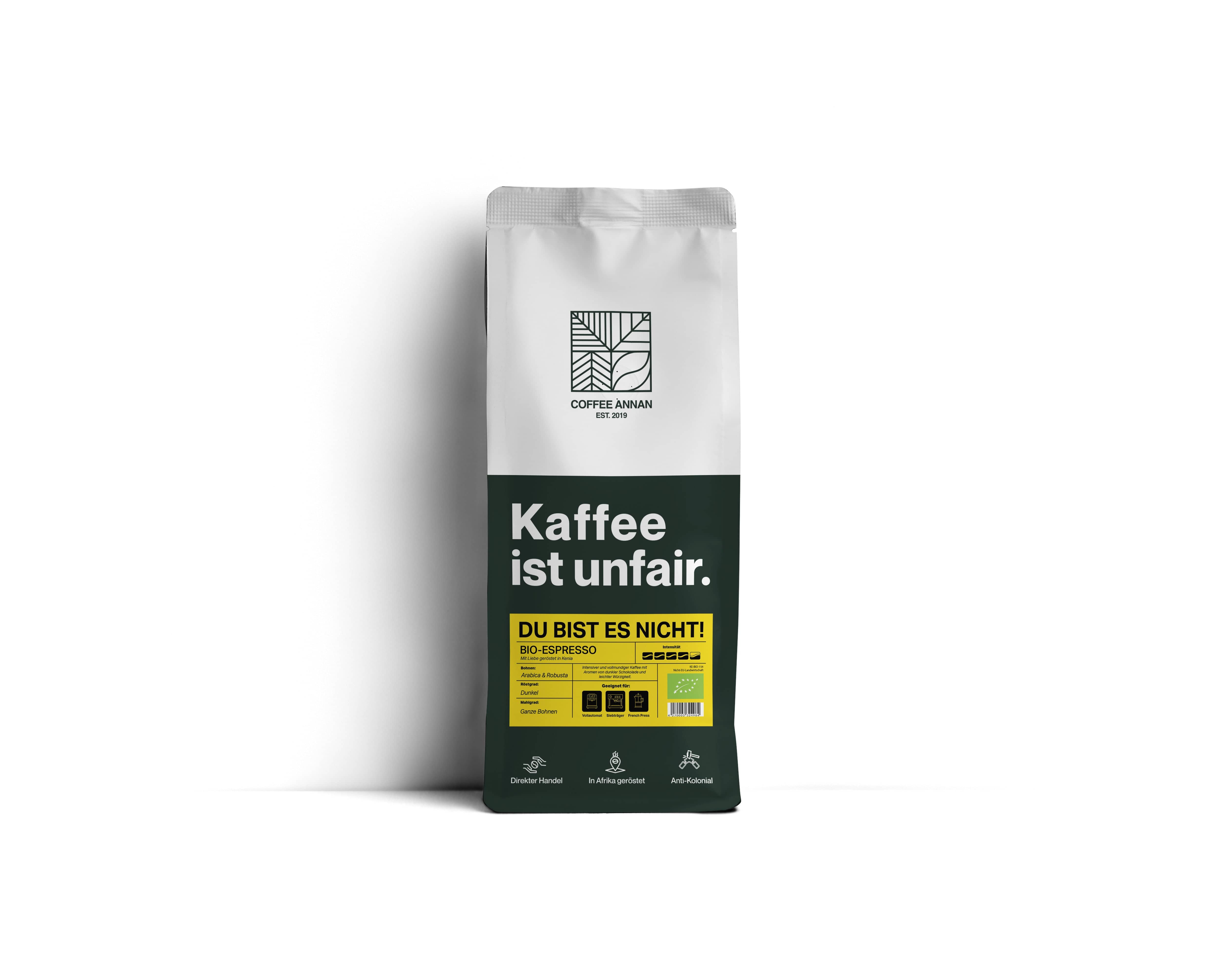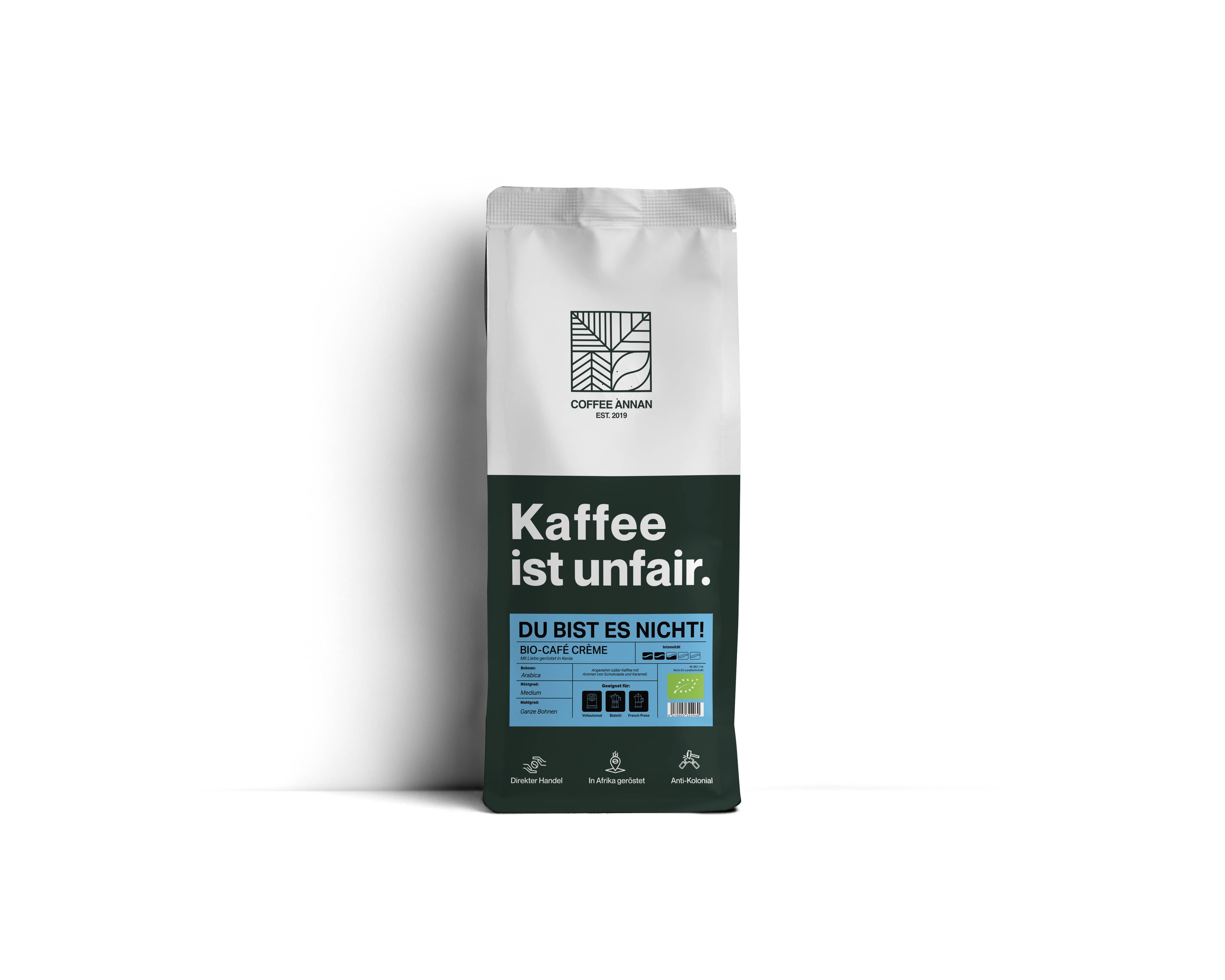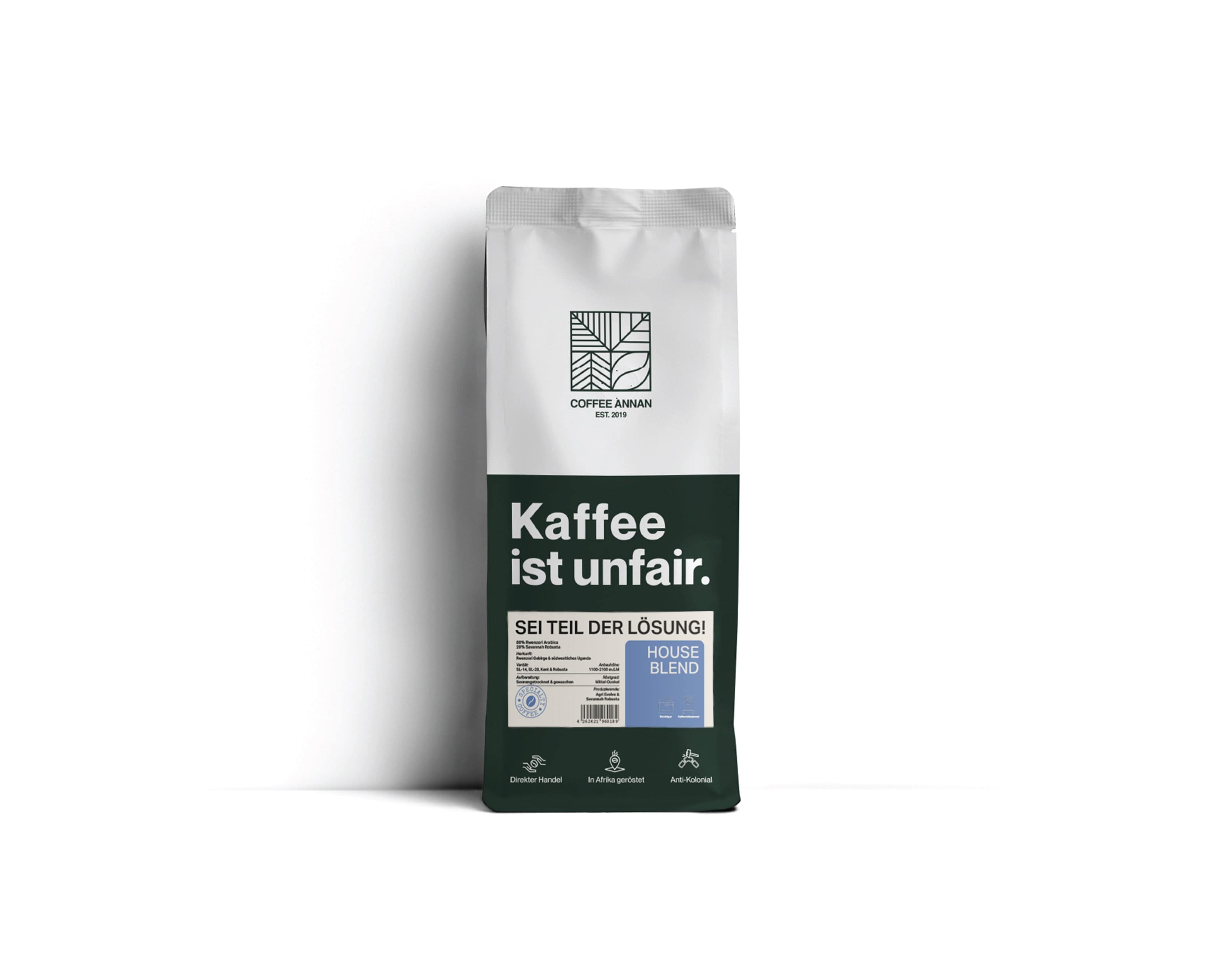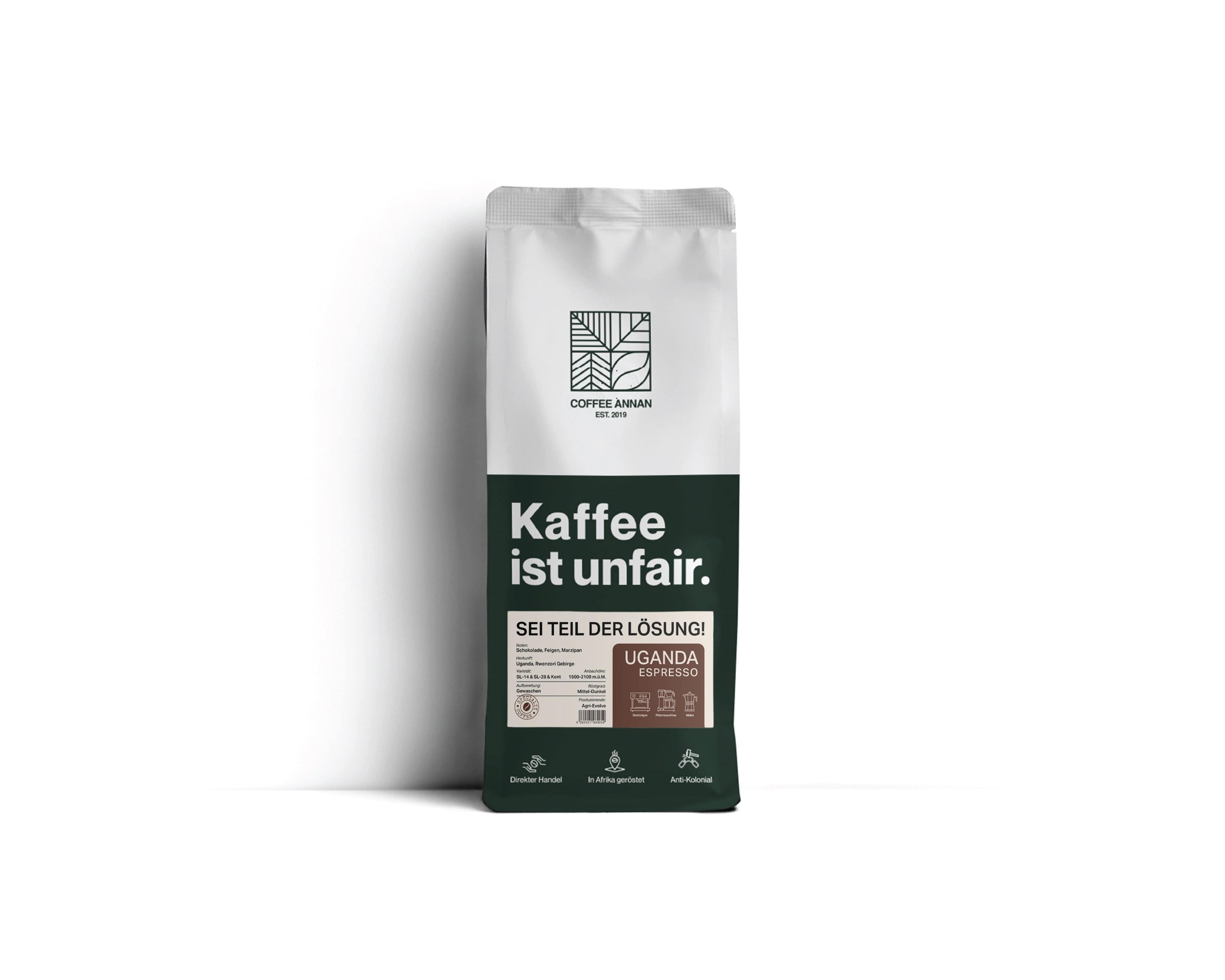What is greenwashing?
Greenwashing is a misleading marketing practice in which a company or organization claims to be more environmentally friendly or sustainable than it actually is. The goal of greenwashing is to create a green, environmentally conscious image to attract consumers or improve a company's image without taking substantial action to reduce environmental impact. This practice can occur, for example, in advertising, on packaging or in public statements and often leads to consumers or customers being misled about the actual environmental impact of the products or activities of the company in question.
Integration into the business world
In an era when sustainability and environmental protection are at the forefront of the global agenda, the European Union has taken a significant step to integrate these values into the business world. The EU Green Claims Directive, an initiative that emerged as part of the European Green Deal, aims to strengthen the authenticity of green advertising claims and curb greenwashing. This Directive represents a significant innovation as it sets out clear and binding rules for the presentation and verification of environmental performance claims of products and services.
Background and improvements
Originally proposed in 2022, significant developments within the initiative took place in September 2023. The European Council and the European Parliament announced a provisional political agreement that brings significant improvements to the EU Green Claims Directive. At the core of the new guidelines are the following points:
1. Criteria for sustainability labels: These must now comply with defined certification schemes, unless they are determined by public authorities.
2. Increased transparency: Closer monitoring of future environmental performance claims. For example, companies could be required to provide regular updates in a blockchain.
3. Prohibition of unfair practices: especially those based on unverified greenhouse gas offset programs.
4. Liability of retailers: If it can be proven that companies have knowingly taken measures to end the life of a product prematurely. As well as software updates and replacement parts for products.
5. Standard label for commercial durability: In addition to a conspicuous reference to the legal guarantee in stores and on websites.
6. 24-month transition period: This is the period the EU gives its member states to adapt local legislation.
Implementation and enforcement
The EU Green Claims Directive is part of the EU Green Deal to empower consumers and promote a greener economy. The Directive was initially proposed by the Commission on March 30, 2022. It will enter into force at EU level 20 days after its publication in the Official Journal. Member States have 18 months to implement laws and regulations and must enforce these rules 24 months after the Directive comes into action.
What does this mean for companies?
Every company operating in the EU should be aware of the Directive. The exceptions are micro-enterprises with fewer than 10 employees and less than 2 million euros in annual turnover. You can still obtain a certificate of compliance, but you will not be strictly bound by all the provisions of the Directive.
The EU Green Claims Directive brings significant changes, particularly in relation to advertising claims and marketing practices. Here are some examples of statements and practices that will be prohibited in the future:
1. Unfounded environmental claims: Statements such as “This product is 100% biodegradable” will no longer be allowed without scientific evidence and independent verification. It is no longer enough to make mere assertions; Companies must support their environmental claims with concrete data and facts.
2. Misleading climate neutrality claims: Advertising products with claims such as “climate neutral” based solely on the purchase of carbon credits will be prohibited. Companies must make it clear how much of their emissions reduction will be achieved through internal measures and how much will be achieved through offsetting.
Coffee Annan aims to reduce emissions through (I) organic farming and avoiding chemical fertilizers, (II) clever roasting with the Loring Peregrine S70 (III) and efficient supply chains from the farm to our customers. In addition to reducing CO2 emissions, increasing retention is on our agenda. We achieve this through Agroforestry.
3. Imprecise sustainability labels: Vague labels such as “environmentally friendly” or “green” without a clear definition or certification will no longer be acceptable. The Directive requires a precise definition and certification of all environmental labels.
4. Misuse of eco-labels: The introduction of new private eco-labels without prior approval and evidence that they pursue more ambitious environmental objectives than existing systems will be prohibited. Only public labelling systems developed across the EU are permitted.
5. Unproven claims about recyclability: Claims such as “fully recyclable” must be supported by appropriate evidence and certificates in the future. Companies must be transparent about the recycling process and the actual recycling rate of their product.
6. Exaggerated environmental claims about product life cycles: Companies are not allowed to make all-encompassing environmental claims such as “sustainable for the entire life cycle” without considering and evaluating every phase of the product life cycle – from raw material extraction to disposal.
Opportunities for companies
The EU Green Claims Directive not only means regulation and containment, it also offers opportunities:
- Market opportunities: It opens up new market segments for sustainable products. Sincere efforts should be favored by the new legislation. In this way, structural change can occur through real impact.
- Product quality: Focusing on sustainability can lead to improved product performance.
- Credibility: A framework for companies to support their environmental claims.
- Avoidance of image damage: Companies can avoid the reputational damage associated with greenwashing. In contrast, companies that stood out with sincere initiatives before the legislation now have a competitive advantage.
- Equal opportunities: Regulating private environmental labels makes competition fairer.
Further aspects of the Green Claims Directive
- Scope: The Directive applies to all companies operating in the EU and includes claims that suggest a positive, reduced or neutral environmental impact. The Directive does not apply to SMEs with fewer than 10 employees and a turnover of less than 2 million euros.
- Potential penalties: Non-compliance may result in fines of up to 4% of the company's annual turnover in the affected Member States.
- Green claims: A green claim is defined as a commercial or marketing claim that suggests that a product or service is environmentally friendly.
- Enforcement: Enforcement of the Directive is governed by a complaints procedure that allows individuals and organizations to lodge claims with the relevant national authorities.
Conclusion
The EU’s Green Claims Directive is a crucial step towards transparency and sustainability. The changes will require more precise and responsible communication about products and services. At the same time, they offer companies the opportunity to strengthen and verify their efforts towards environmentally friendly practices. This Directive will ultimately help consumers make informed decisions and increase confidence in green claims. Also because actors who do not comply with the Directive can be severely punished.
Thank you very much for reading!
Your Coffee Annan team





